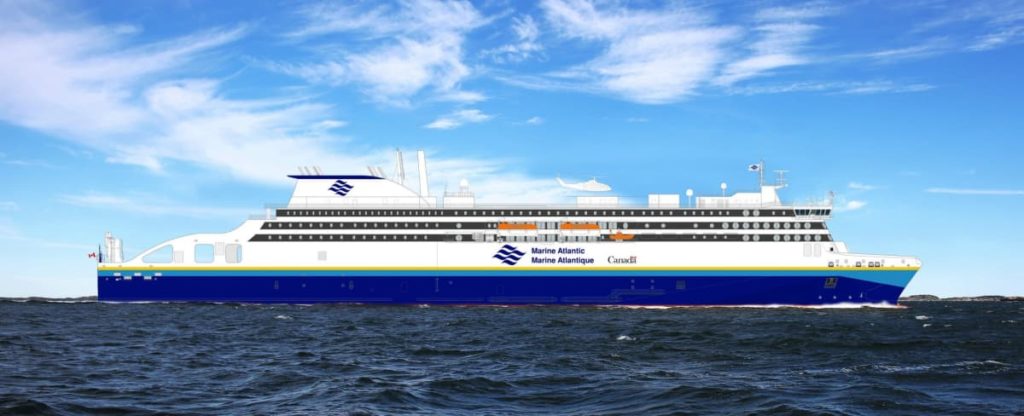
The Finnish shipbuilding company Deltamarin has signed an agreement with China Merchants Jinling Shipyard Weihain for the basic and manufacturing design of three RoPax Stena E-Flexer vessels, media YLE reports.
The Stena E Flexer is a class of Chinese-built Ro-Pax ferries ordered by Stena RoRo for European line service. RoPax passenger ships have long car lanes for vehicles and plenty of space for cargo and according to Deltamarin, the agreement is the 10th, 11th, and 12th Stena E-Flexer for two different end-users.
About the agreement, Janne Uotila, CEO of Deltamarin said, “The new orders show that the Stena E-Flexer vessels are highly valued by customers. We look forward to working with Stena RoRo and China Merchants Jinling Shipyard (Weihai).”
The new agreement is significant and will strengthen Deltamarin’s employment situation after two exceptional interest rate years. Design work will start immediately and will be performed mainly at Deltamarin’s offices in Turku, Rauma, and Helsinki. The work will be completed next year.
The end customer of the 10th vessel is the Canadian federal company Marine Atlantic. The vessel will have a capacity of approximately 2,600 lane meters and space for approximately 1,100 passengers. The ship has LNG dual-fuel engines and a battery hybrid solution to minimize emissions. The vessel will start operating in eastern Canada between Newfoundland and Nova Scotia in 2024.
The end customer of the 11th and 12th vessels is Brittany Ferries. The number of passengers on both ships is approximately 1,400. Freight capacity is tailored to traffic and route and differs in terms of total lane meters and lane meters for passenger cars. Both vessels will be equipped for LNG, meaning they can use liquefied natural gas, biogas, or other new fuels such as ammonia. In addition, the ships have a large 10 MWh battery hybrid solution and an 8 MW ground connection for the power supply needed in the ship’s port, as well as for charging the batteries. The vessels will be delivered in 2024 and 2025 and will operate on two main Brittany Ferries routes between Portsmouth and Ouistreham and Portsmouth and St. Malo.


